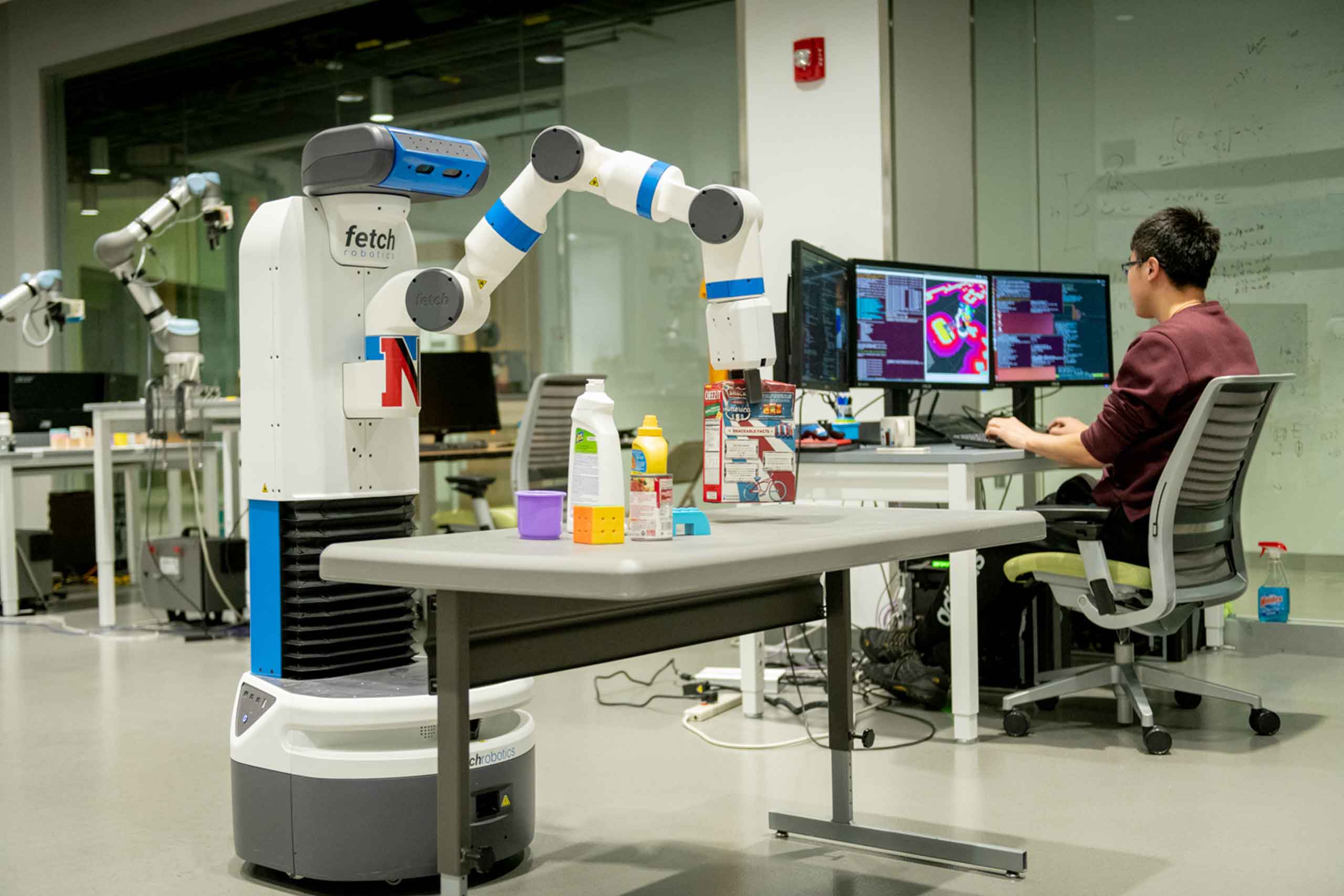

Teresa O’Leary










Teresa is a PhD student in the personal health informatics program at Northeastern University’s Khoury College of Computer Sciences, advised by Professor Timothy Bickmore. Teresa’s research involves personal health informatics, and she is a part of the Relational Agents Group.
Prior to attending Northeastern University, she earned her B.A. in Psychology and Sociology from Smith College and spent over five years as the Lead Research Associate and Database Developer working on NIH funded clinical trials at the Yale School of Medicine Department of Emergency Medicine. She has also provided direct case management to adults with serious mental illness and has experience with addiction counseling. Teresa is interested in integrating motivational interviewing (MI) techniques and conversational agents as a means to increase access to healthcare knowledge, supplement office-based care, and provide effective tools for chronic disease management.
I am just beginning my PhD program. This year I will finish up my core course requirements. I will also be focusing on strengthening my technical skill-set while working in the Relational Agents Group.
My academic path has shifted tremendously. Originally, I envisioned myself providing clinical therapeutic care as a psychologist. After graduating from Smith, I served adults diagnosed with mental illnesses as a clinical case manager. I found the lack of cost-effective and actionable supplemental care being offered to my clients extremely frustrating. Much of the health technology that was being developed and deployed was designed for providers, not patients. Later on in my career, while working as a research associate at Yale, I witnessed the positive health impact that a text messaging program had on a group of individuals interested in quitting smoking. This health technology intervention ignited my interest in personal health informatics and introduced me to this exciting field.
I am interested in the role of non-verbal behavior in counseling interventions. Specifically, I want to develop relational agents that are capable of responding to the non verbal behaviors typically used when an individual is resistant to something being proposed in a counseling session.
Currently, I find breaking down communication into its verbal and nonverbal cues, components, and definitions to be an extremely fascinating part of the work. It’s changed how I see the world and is an incredibly important factor when designing technology that simulates human interactions.
I would like to build interactive health technology systems that help people address and change problem health behaviors. One of my goals is to create a technology system that when implemented could ease a patient’s transition from the hospital to home.
Teresa is a PhD student in the personal health informatics program at Northeastern University’s Khoury College of Computer Sciences, advised by Professor Timothy Bickmore. Teresa’s research involves personal health informatics, and she is a part of the Relational Agents Group.
Prior to attending Northeastern University, she earned her B.A. in Psychology and Sociology from Smith College and spent over five years as the Lead Research Associate and Database Developer working on NIH funded clinical trials at the Yale School of Medicine Department of Emergency Medicine. She has also provided direct case management to adults with serious mental illness and has experience with addiction counseling. Teresa is interested in integrating motivational interviewing (MI) techniques and conversational agents as a means to increase access to healthcare knowledge, supplement office-based care, and provide effective tools for chronic disease management.
I am just beginning my PhD program. This year I will finish up my core course requirements. I will also be focusing on strengthening my technical skill-set while working in the Relational Agents Group.
My academic path has shifted tremendously. Originally, I envisioned myself providing clinical therapeutic care as a psychologist. After graduating from Smith, I served adults diagnosed with mental illnesses as a clinical case manager. I found the lack of cost-effective and actionable supplemental care being offered to my clients extremely frustrating. Much of the health technology that was being developed and deployed was designed for providers, not patients. Later on in my career, while working as a research associate at Yale, I witnessed the positive health impact that a text messaging program had on a group of individuals interested in quitting smoking. This health technology intervention ignited my interest in personal health informatics and introduced me to this exciting field.
I am interested in the role of non-verbal behavior in counseling interventions. Specifically, I want to develop relational agents that are capable of responding to the non verbal behaviors typically used when an individual is resistant to something being proposed in a counseling session.
Currently, I find breaking down communication into its verbal and nonverbal cues, components, and definitions to be an extremely fascinating part of the work. It’s changed how I see the world and is an incredibly important factor when designing technology that simulates human interactions.
I would like to build interactive health technology systems that help people address and change problem health behaviors. One of my goals is to create a technology system that when implemented could ease a patient’s transition from the hospital to home.











